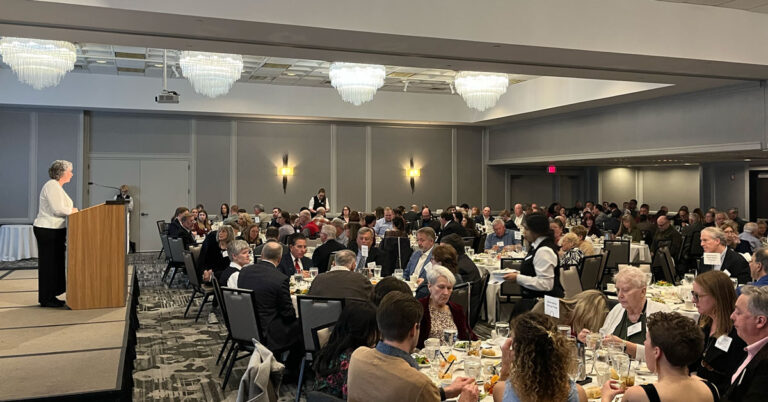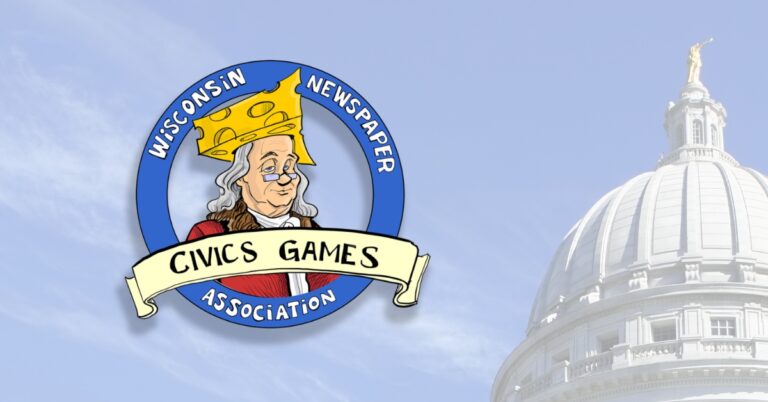Know Your Legal Rights is a bi-monthly column distributed by the State Bar of Wisconsin. It is written by members of the State Bar of Wisconsin’s Lawyer Referral and Information Service (LRIS), which connects Wisconsin residents with lawyers throughout the state. To find an attorney in your area, visit wislaw.org.
By Atty. Caleb Gerbitz

A non-compete agreement is a bit like a time capsule. It’s agreed to on the day an employee is hired, and it often isn’t revisited until years later when the employee moves on to a new opportunity. But, much like a time capsule, non-compete agreements sometimes don’t age as expected, leaving employers and employees alike to ask whether their non-compete is still enforceable.
Wisconsin law and non-compete agreements
The enforceability of a non-compete is one of the more complicated areas of Wisconsin law, but there are a few guiding principles.
To begin, Wisconsin law casts a skeptical eye on non-compete agreements, preferring instead to protect employees’ freedom to make a living in the job of their choice. To accomplish this goal, Wisconsin has a law which provides that any non-compete agreement that imposes an “unreasonable restraint” on an employee’s right to work is unenforceable. Importantly, the statute goes one step further and says that if a non-compete that is unreasonable in any respect, then it is unenforceable in its entirety.
But what makes a non-compete unreasonable (and therefore unenforceable)? In Wisconsin, a non-compete agreement must satisfy five criteria. If any one of the following requirements are not met, then the non-compete is unreasonable and unenforceable.
Is the non-compete necessary for the employer’s protection?
First, the non-compete must be “necessary” for the employer’s protection. An employer’s preference to keep its employees or avoid competition is not enough. Instead, the employer must identify specific reasons why the non-compete is essential to its business. Permissible reasons include the need to protect sensitive information, such as trade secrets, or to avoid compromising customer relationships. The employer’s need for the non-compete agreement is often the most critical factor to determining whether a non-compete is enforceable.
How long will the non-compete be in effect?
Second, the non-compete must end after some reasonable duration. What constitutes a reasonable duration for a non-compete will depend on the circumstances. That said, Wisconsin courts often uphold non-competes lasting up to two years.
Does the non-compete have reasonable limits on its scope?
Third, the non-compete must have some reasonable limitation on its scope. The most common limitation is geographic—i.e., an employee is prohibited from competing within 50 miles from the former employer’s business.
In other instances, courts have upheld non-compete agreements that prohibit an employee from contacting certain customers of the former employer. Here to, what constitutes a reasonable limitation on the non-compete’s scope will depend on the situation.
Does the non-compete prevent the employee from working?
Fourth, the non-compete must not unreasonably burden the employee’s post-employment activities. To be sure, any non-compete agreement imposes a burden on the employee subject to it, but the question here is whether it is possible for the employee to continue earning a living in the employee’s chosen profession. A non-compete may be unenforceable if it prevents the employee from working altogether.
Does the non-compete violate public policy?
Fifth, a non-compete agreement must not be contrary to public policy. This factor doesn’t come up very often, but if a non-compete agreement will unreasonably stifle economic competition or lead to shortages, a court might strike it down.
Conclusion
Again, if a non-compete does not satisfy all five of these criteria, it is unenforceable in its entirety. There’s a fair amount of gray area in each requirement, and how they apply to a particular non-compete will vary depending on the situation. When possible, it’s helpful to work with a knowledgeable attorney who can carefully analyze the non-compete to determine whether it is enforceable.
Caleb Gerbitz is an attorney with the law firm of Meissner Tierney Fisher & Nichols S.C. in Milwaukee. Know Your Legal Rights is sponsored by the State Bar of Wisconsin Lawyer Referral Service, which connects Wisconsin residents with lawyers throughout the state. Learn more at wislaw.org.



